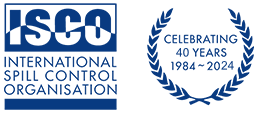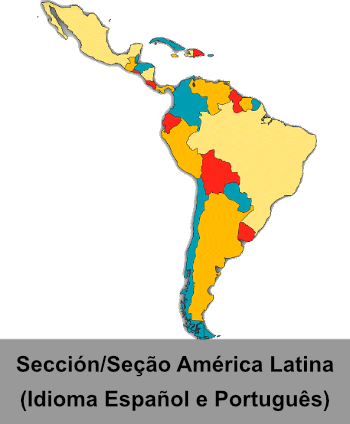de Queiroz L.P., Rocha M.V.P., Pereira M.L., Hissa D.C., Melo V.M.M. (2024) Fuel, 374, art. no. 132425 DOI: 10.1016/j.fuel.2024.132425
ABSTRACT: The expansion of fossil fuel exploration activities is related to the increase in oil and diesel spills each year. Several disasters have already been dated, like the heavy oil spilled in the Brazilian semi-arid coast in 2019. The heavy oil hit beaches and sensitive coastal ecosystems such as mangroves, coral reefs and rhodolith beds. Therefore, it is important to isolate and characterize the bacteria associated with the oil to identify potential degraders for cleaning contaminated ecosystems. Cultivable bacteria were isolated by enrichment in mineral medium containing 1 % w/v heavy oil as carbon source. The isolates were obtained through weekly subcultures for up to 45 days, and were identified by 16S rRNA gene sequencing. In the total, 24 isolates were obtained, comprising 14 different genera belonging to Proteobacteria, Actinobacteria, and Bacteriodetes phyla. Among the isolates, eight were confirmed as hydrocarbonoclastic. From these isolates, the FOR1501 strain was selected due to its greater potential to degrade aliphatic, mixtures and aromatic hydrocarbons. The FOR1501 strain was able to degrade heavy oil, highlighting 100 ± 2 % degradation of C34 − C37 carbon chains within 21 days. Also, the selected strain was efficient in diesel degradation, consuming medium and long chains, in addition to producing a lipopeptide biosurfactant. FOR1501 was identified as a new strain of Alcanivorax and this is its first record associated with an oil plume in the South Atlantic. Alcanivorax sp. FOR 1501 emerges as a candidate for developing inoculants to accelerate the cleanup of ecosystems impacted by heavy oil.





